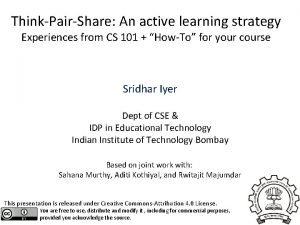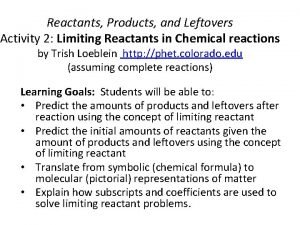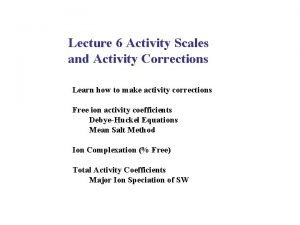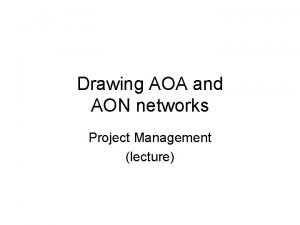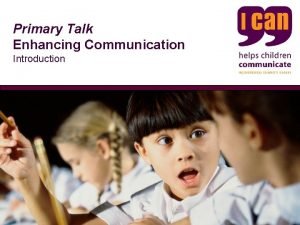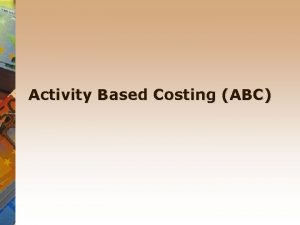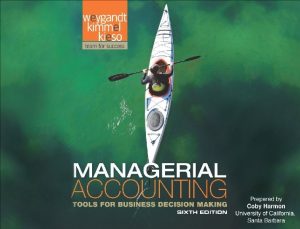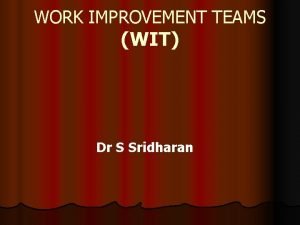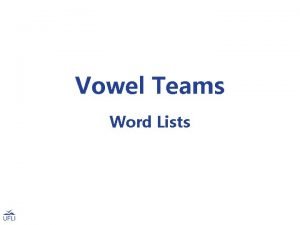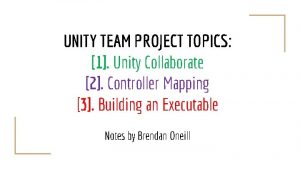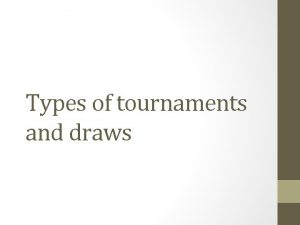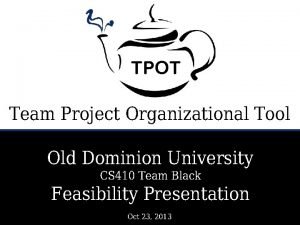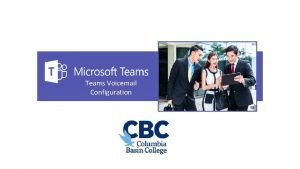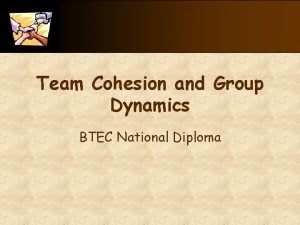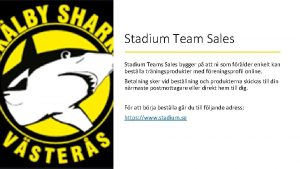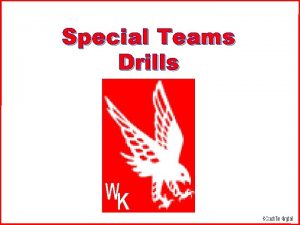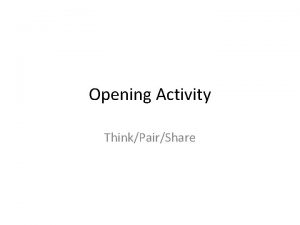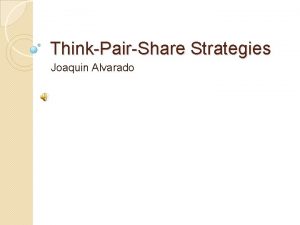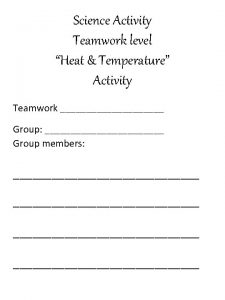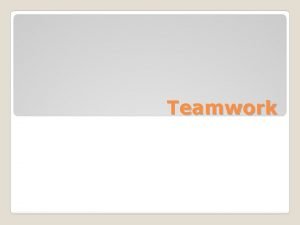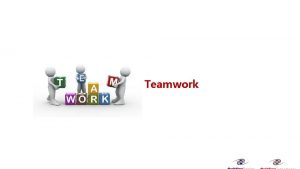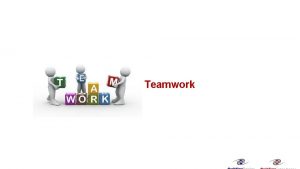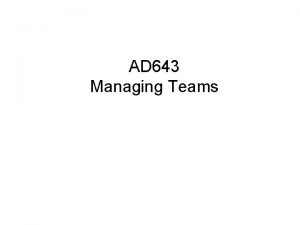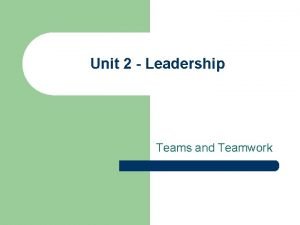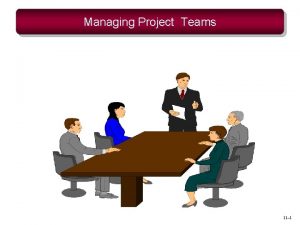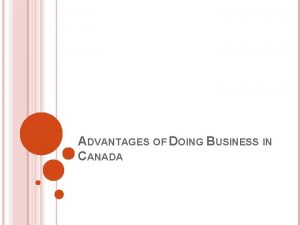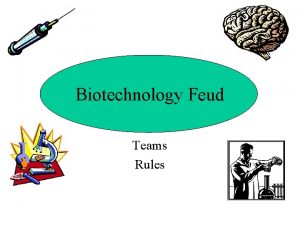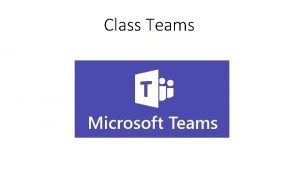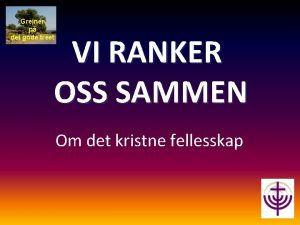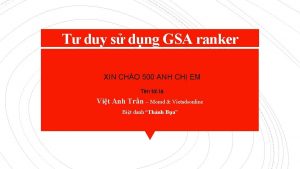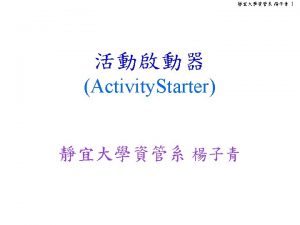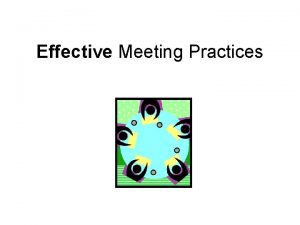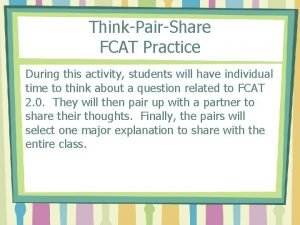Teams Teamwork Ranker Activity ThinkPairShare Advantages of teamwork

























- Slides: 25

Teams & Teamwork

Ranker Activity

Think-Pair-Share • Advantages of teamwork in the classroom? • Disadvantages?

Think-Pair-Share • What ways and considerations should be made in forming teams? • Random • Self Select • Skill Based • Heterogeneous vs. Homogeneous • Ethnicity and Gender

CATME. ORG Comprehensive Assessment of Team Member Effectiveness

Team Formation

Types of Learning Teams

What are the elements of a good team? 5 elements of functioning teams: • Positive interdependence • Group processing and conflict resolution • Individual and group accountability • Interaction • Teamwork skills

Team Roles • • • Leader Recorder Consultant Time Keeper Laborer (Everyone)

Leader • • Organize Technical Assignments Allocates Responsibilities/Timelines Facilitates Team Discussions Monitor the Performance and Understanding Team Members • Edits/Submits Final Products • Intervenes in Conflict

Recorder • • Takes Meeting Notes Records Technical Data Checks for Consensus Responsible for Outline/Draft of Overall Report

Consultant • • Plays “Devil’s Advocate” Suggests Alternatives Keeps Team Moving Forward Consults With Other Groups, Professor, Others as Needed

Time Keeper • Keeps track of time on tasks • Assigned time or recording time

Laborer • • • Participate in Discussions Perform Technical and Written Work Contribute Ideas Participate in Presentations Monitor the Performance and Understanding of Other Team Members! EVERYONE

Think-Pair-Share • Student Performance on Teams

Klein Group Instrument • • Leadership Task Focus Interpersonal Focus Negotiation Orientation

Team Player Styles -Glenn M. Parker • Contributor – task oriented – Authoritative, reliable, proficient, and organized • Collaborator – goal directed – Forward-thinking, flexible, and imaginative • Communicator – process oriented – Supportive, considerate, relaxed, and enthusiastic • Challenger – questions the goals – Honest, outspoken, principled, and adventurous Which are you?

Think-Pair-Share What do you do in cases of team conflict?

Giving Effective Feedback • • • Be direct and honest. Focus on specific issues and behaviors, not generalizations. Provide specific examples and incidents. Cite positive information first, then negative. Give ideas for improvement and ask opinion from recipient. Ask for reciprocal feedback. It is well-timed. Refer to clear expectations that were known in advance. Check if feedback was clearly communicated.

Receiving Effective Feedback • • Stop Talking! It’s impossible to listen if you are talking. Accept feedback as “reality” for the person giving it. Show the talker you want to listen. Look and act interested. Do not get distracted during a conversation. Ask for additional information and examples. Focus on how the feedback can help solve a specific problem. Summarize what you think has been said to assure understanding. Express appreciation for others’ input.

Guidelines for Productive Meetings • • Set and distribute an agenda in advance Make sure roles are assigned Limit interruptions Take minutes (notes) and distribute them at the meeting (or via email before) • Identify action items, person responsible, and deadline (in minutes) • Set next meeting (date, agenda, etc. ) • Evaluate the meeting (can include in minutes)

Meeting Evaluation • Positives (Plus) – Everyone was in attendance – Agenda was complete and distributed ahead of meeting via email – Jose was prepared to present his proposed schedule – Matt found new resource for teamwork • Adjust (Delta) – Rob was 10 minutes late – Tangents about Dr. Who wasted time – Presentations not complete

CRAPOLA (Hensey 2001) • If team process isn’t followed, the team risks defaulting to the CRAPOLA process – Circular – Repetitive – Argumentative – Personal – Opinionated – Leading Anywhere but where we need to go

Think-Pair-Share • How do you assess teamwork? • Teamwork and grades

CATME: Assessment
 Think pair share method
Think pair share method Teamwork class 5 summary
Teamwork class 5 summary Reactants products and leftovers
Reactants products and leftovers Activity coefficient
Activity coefficient Aoa software project management
Aoa software project management Activity 1 introductory activity
Activity 1 introductory activity Activity 2 finding the sequence
Activity 2 finding the sequence Activity 2 plus and minus
Activity 2 plus and minus 1index
1index Advantages of activity diagram
Advantages of activity diagram Activity based costing formula
Activity based costing formula Advantages of activity based costing
Advantages of activity based costing Abc costing vs traditional costing
Abc costing vs traditional costing Work improvement team
Work improvement team Ai vowel team word list
Ai vowel team word list Unity controller mapping
Unity controller mapping Advantages of ladder tournament
Advantages of ladder tournament Tpot teams
Tpot teams How to set up voicemail on teams
How to set up voicemail on teams Steiners model of group effectiveness
Steiners model of group effectiveness Team around the family meeting template
Team around the family meeting template Stadium teams
Stadium teams Sphereshield channel management
Sphereshield channel management Special teams drills
Special teams drills Autonomous work groups
Autonomous work groups Virtual teams are often slowed down by difficulty with
Virtual teams are often slowed down by difficulty with
